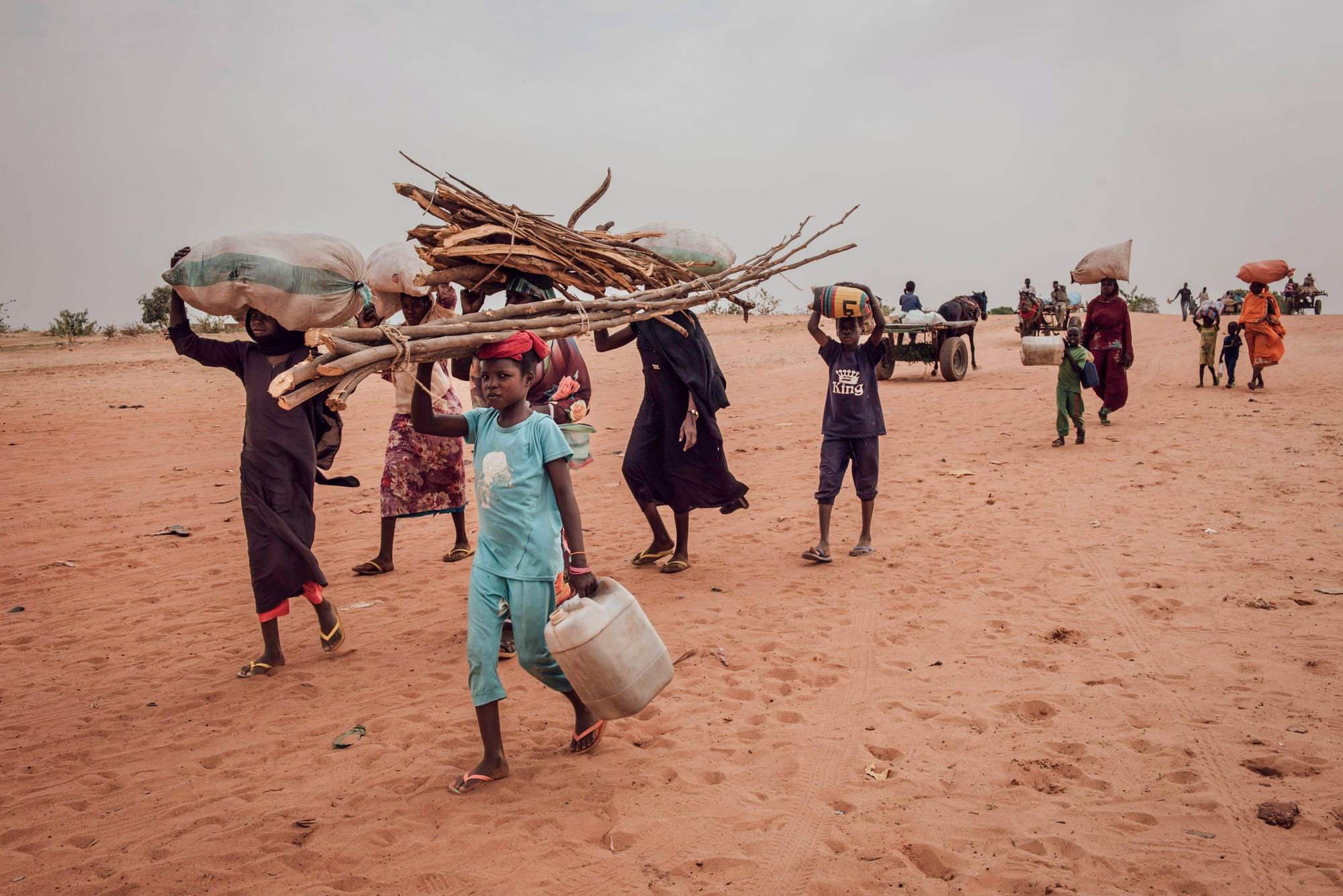Egypt criminalizes those on the move

President Abdel Fattah Al-Sisi has extended his war on dissent to Egypt’s growing refugee population. Under a new law ratified in December, refugees fleeing violence in Sudan and Palestine could have their status cancelled for participating in political or union activities. Although the law purports to standardize Egypt’s refugee regulations, critics warn the measures risk criminalizing people on the move.
Since the civil war broke out in Sudan in April 2023, 1.2 million asylum-seekers from the country have escaped to Egypt, joining the 100,000 Palestinian and 150,000 Syrian refugees already there. In response, Sisi’s government has taken over the administration of asylum-seekers from the UN’s refugee agency UNHCR. The responsibility for determining claims and ensuring provision of support and services for refugees will now be handled by a new government-run regulatory body.
This move has triggered alarm among human rights groups. The Egyptian Initiative for Human Rights which – alongside 21 other organizations – denounced the law, warned that the ‘lack of impartiality coupled with unchecked powers’ handed to the new body would threaten refugee protections. ‘Many refugees would prefer to deal with UNHCR, rather than dealing with Egyptian authorities,’ says Amnesty International’s Mahmoud Shalaby.
In June last year, Amnesty International reported that 800 Sudanese asylum-seekers were forcibly deported without being granted the right to claim asylum. Despite growing evidence of human rights abuses, last year the EU brokered a $7.7 billion migration pact with Egypt to prevent people on the move reaching Europe’s shores.
Those who make the difficult journey to Egypt now face their refugee status being revoked at any time for participating in unspecified political or partisan work, or even for failing to respect ‘values and traditions of Egyptian society’. Human rights groups warn that the vague and undefined terms in the law’s provisions are too broad and could easily be abused. The language echoes that of Sisi’s notorious anti-terrorism law under which tens of thousands of journalists, lawyers, academics and even football fans have been imprisoned for ambiguous crimes like posting anti-regime jokes on social media.
The harsh changes come amid rising hostility to refugees in Egypt. In recent months, anti-migrant rhetoric has spread from politicians to the media, with popular pro-Sisi media personalities accusing Sudanese refugees of contributing to Egypt’s ongoing economic crisis and threatening state security.
📰 Read Achille Mbembe's essay 'The idea of a borderless world' as cited in our 2020 issue, Freedom to Move - For Everyone. Free digital access for Currents subscribers!
👉 Follow the Egyptian Initiative for Personal Rights
✅ Watch this explainer on the hardships Sudanese asylum seekers face, and follow @bsonblast and New Internationalist contributor Eyad Hisham for regular updates on Sudan
Like what you've read? Support us with a tip
Are you a freelancer? Pitch us a story
Looking for more? Listen to our podcast The World Unspun
Shop ethical goods at our very own Ethical Shop
Subscribe to New Internationalist magazine and get Currents absolutely free!

